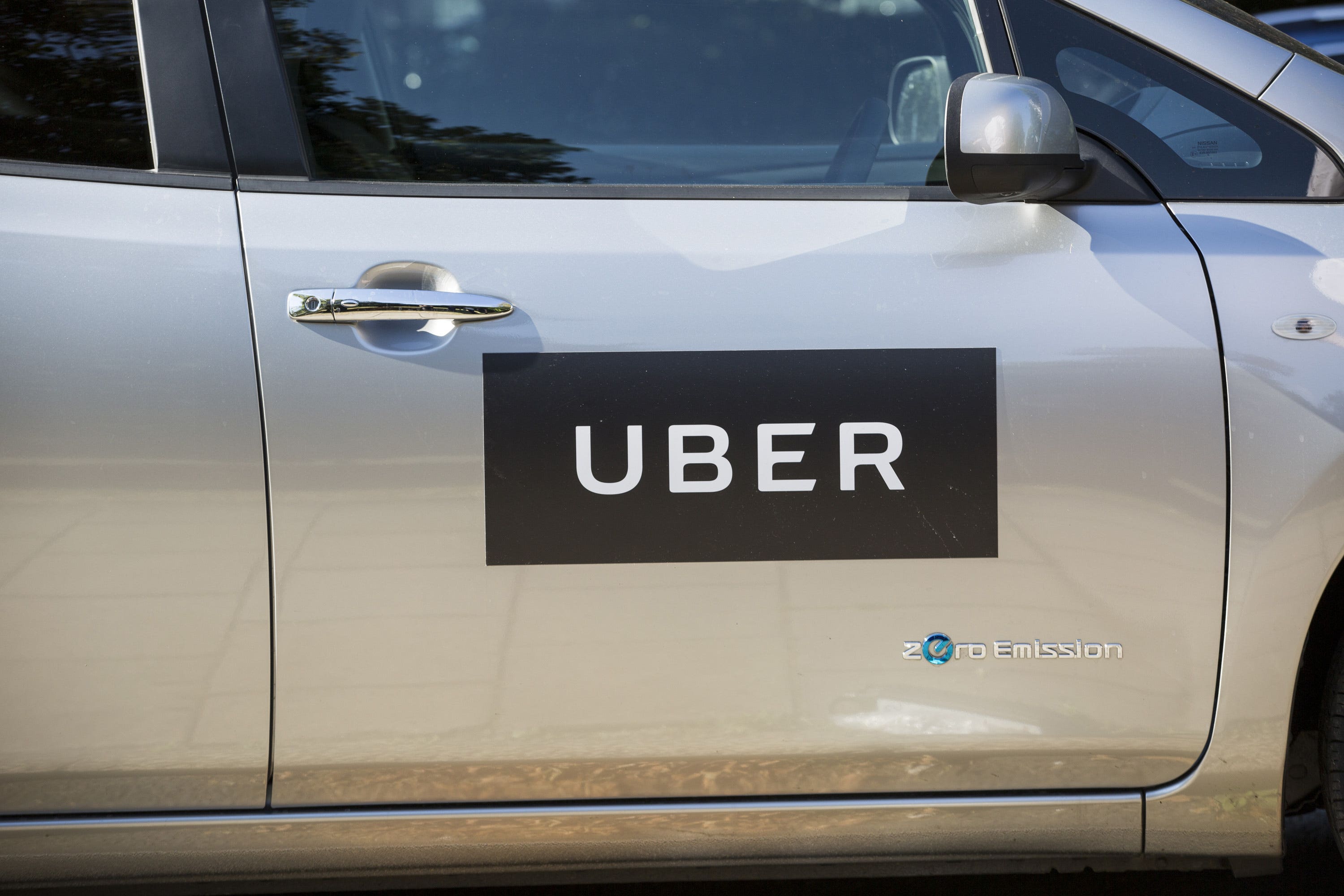Uber’s rival taxi operators outside London will not face a 20 per cent Value Added Tax (VAT) charge on their profit margins, the UK Supreme Court ruled on Tuesday.
The unanimous decision dismissed an appeal brought by Uber, confirming that private-hire operators do not enter into a direct contract with passengers.
Uber had initiated the legal challenge following a 2021 Supreme Court ruling that classified its own drivers as workers, which had significant implications for its tax and other obligations.
The ride-hailing company sought a declaration that all private-hire taxi operators should be considered to have a direct contractual relationship with passengers, thereby incurring VAT.
Last year, London's High Court initially ruled in Uber's favour, suggesting operators would be liable for the 20 per cent tax.
However, this decision was reversed by the Court of Appeal in July 2024, following a challenge from private hire operators Delta Taxis and Veezu.

The Supreme Court has now upheld the Court of Appeal's judgment, concluding the legal battle.
The Supreme Court ruling will clarify the legal position for operators across much of England and Wales and may have significant implications for how private hire services are structured and delivered outside London.
The news comes after Uber announced it will launch self-driving taxis in London from spring 2026.
This has been enabled by the Government’s decision to bring forward trials of self-driving commercial taxis and “bus-like services” in England to next spring.
In a separate case, Estonian ride-hailing and food delivery startup Bolt this year defeated an appeal by Britain's tax authority HMRC about what it should pay VAT at 20 per cent.
HMRC has since been granted permission to challenge the ruling that Bolt is only liable for VAT on its margin, rather than the full cost of the trip, at the Court of Appeal.







